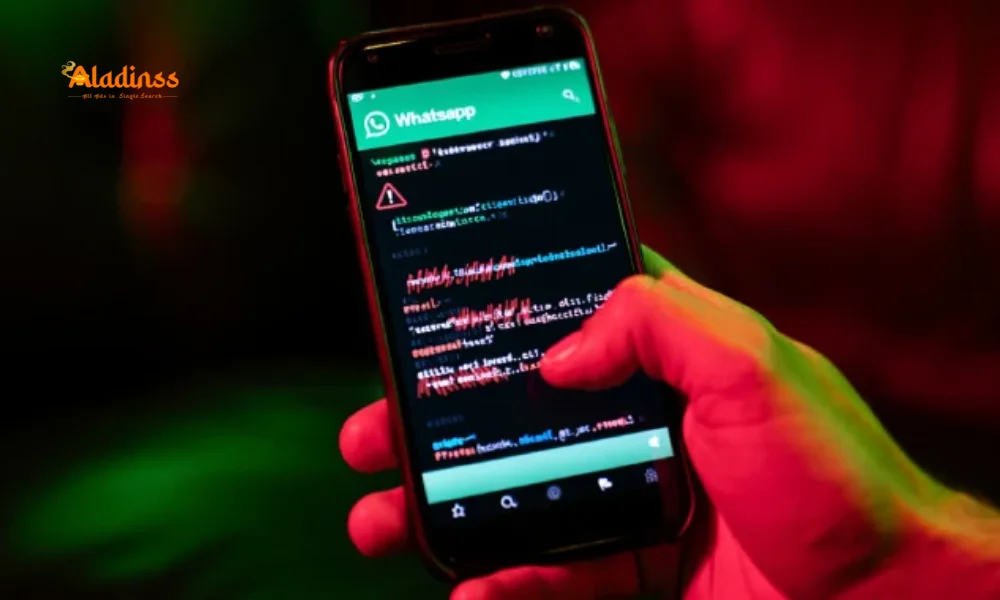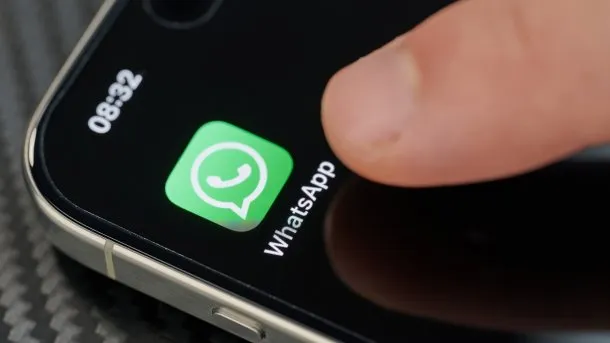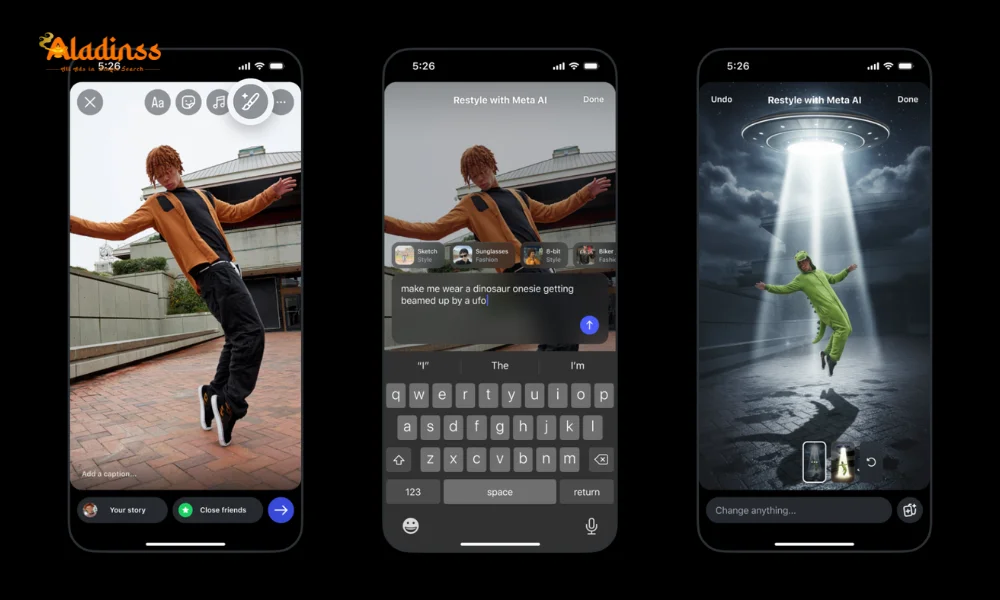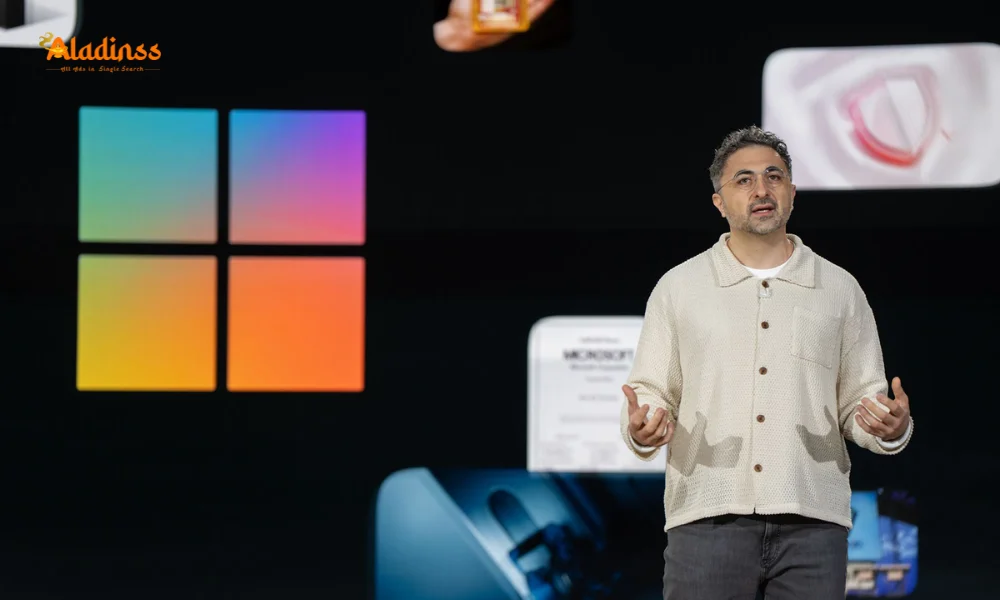WhatsApp Fixes Zero-Click Vulnerability in iOS, macOS Apps

WhatsApp Fixes Zero-Click Vulnerability Impacting iOS, macOS Apps
WhatsApp has swiftly addressed a critical zero-click security vulnerability, identified as CVE-2025-55177, which posed a significant threat to users of its iOS and macOS applications. This flaw, discovered by Meta’s internal security team, allowed attackers to trigger the processing of malicious content from arbitrary URLs without user interaction, potentially compromising devices. When paired with an Apple OS-level vulnerability, CVE-2025-43300, the exploit enabled sophisticated attacks targeting specific individuals. Both vulnerabilities have been patched, with WhatsApp urging users to update to the latest app versions—v2.25.21.73 for WhatsApp iOS, v2.25.21.78 for WhatsApp Business iOS, and v2.25.21.78 for WhatsApp macOS. This article delves into the details of the vulnerability, its implications, and essential steps for Indian users to secure their devices.

Understanding the Zero-Click Vulnerability
The zero-click vulnerability, tracked as CVE-2025-55177, stemmed from incomplete authorization checks in WhatsApp’s linked device synchronization process. Typically, when users link devices via WhatsApp Web or WhatsApp for Mac, the app ensures that synchronization messages originate from authenticated sources. However, this flaw allowed malicious actors to bypass these checks, tricking the app into processing content from unauthorized URLs. This could lead to the execution of harmful code on the target’s device without any user interaction, such as clicking a link or opening a file, making it a highly dangerous exploit. The vulnerability affected WhatsApp for iOS versions prior to v2.25.21.73, WhatsApp Business for iOS prior to v2.25.21.78, and WhatsApp for Mac prior to v2.25.21.78.
While the WhatsApp flaw alone was not catastrophic, its combination with an Apple OS-level vulnerability, CVE-2025-43300, amplified the risk. This Apple flaw, an out-of-bounds write issue in the ImageIO framework, allowed memory corruption when processing malicious images, enabling remote code execution. Together, these vulnerabilities created a potent attack vector, exploited in what Apple described as “extremely sophisticated attacks” against specific targets, including journalists, activists, and high-profile individuals. Indian users, particularly those in sensitive roles, need to be vigilant, as such exploits are often linked to advanced spyware campaigns.
Impact and Scope of the Exploit
The zero-click exploit was active for approximately 90 days, starting in late May 2025, and targeted a select group of users. Meta confirmed that fewer than 200 WhatsApp users received threat notifications, indicating a highly targeted campaign rather than a widespread attack. Donncha Ó Cearbhaill, head of Amnesty International’s Security Lab, described the exploit as part of an “advanced spyware campaign” affecting both iPhone and Android users, with civil society members, including journalists and human rights defenders, among the targets. The attack’s stealthy nature—requiring no user interaction—made it particularly insidious, as victims were unaware of the compromise until notified.
In India, where WhatsApp is used by over 500 million people, the vulnerability underscores the importance of cybersecurity for everyday users and high-profile individuals alike. The exploit could potentially access sensitive data, such as private messages, contacts, and media, posing risks of financial fraud, identity theft, or surveillance. The involvement of spyware vendors, possibly linked to firms like Paragon Solutions, highlights the growing sophistication of cyber threats targeting messaging platforms, a concern for India’s digital ecosystem.
Swift Response and Patches
WhatsApp’s internal security team identified and patched CVE-2025-55177 in late July or early August 2025, with updates rolled out to affected versions of the app. The fix ensures that synchronization messages are properly authenticated, preventing unauthorized URL processing. Apple addressed the related CVE-2025-43300 vulnerability on August 20, 2025, with updates to iOS 18.6.2, iPadOS 17.7.10, macOS Sequoia 15.6.1, macOS Sonoma 14.7.8, and macOS Ventura 13.7.8. These updates close the ImageIO framework loophole, mitigating the risk of memory corruption and remote code execution.
Meta spokesperson Margarita Franklin confirmed that the company detected the flaw weeks ago and notified affected users, emphasizing the limited scope of the attack. WhatsApp’s proactive response included sending alerts to fewer than 200 users, advising them to perform a factory reset and update their devices for optimal protection. Indian users, even those not notified, are urged to update their apps and operating systems immediately to safeguard against potential lingering threats.
Steps for Indian Users to Stay Secure
To protect against the CVE-2025-55177 vulnerability and similar threats, Indian WhatsApp users should take immediate action. First, update WhatsApp to the latest versions: v2.25.21.73 for WhatsApp iOS, v2.25.21.78 for WhatsApp Business iOS, and v2.25.21.78 for WhatsApp macOS. These updates are available on the Apple App Store and can be installed via the app or through automatic updates. Similarly, ensure your device’s operating system is updated to the latest version—iOS 18.6.2, iPadOS 17.7.10, or the respective macOS releases—to address CVE-2025-43300.
For added security, enable Apple’s Lockdown Mode, which restricts certain app functionalities to prevent zero-click attacks, a feature particularly useful for high-risk users like journalists or activists in India. Regularly check for app and OS updates, as timely patches are critical in thwarting exploits. If you received a threat notification from WhatsApp, consider performing a factory reset after backing up essential data to iCloud or another secure service. Indian users can also use two-factor authentication on WhatsApp to add an extra layer of protection against unauthorized access.
Broader Implications for Cybersecurity
The discovery of CVE-2025-55177 highlights the growing sophistication of zero-click exploits, which are particularly concerning in India’s vast digital landscape. With over 1.4 billion mobile phone users, India is a prime target for cybercriminals and spyware vendors exploiting messaging apps like WhatsApp. The attack’s linkage to CVE-2025-43300 underscores the dangers of chained vulnerabilities, where app-level and OS-level flaws combine to create devastating outcomes. This incident echoes previous spyware campaigns, such as those involving Pegasus and Graphite, which targeted Indian journalists and activists, raising concerns about privacy and surveillance.
For Indian users, this vulnerability serves as a reminder to prioritize cybersecurity. Regular software updates, strong authentication practices, and awareness of phishing attempts can mitigate risks. Businesses and organizations in India should also educate employees about such threats, especially those using WhatsApp for professional communication. The rapid response from WhatsApp and Apple demonstrates the importance of proactive security measures, but user vigilance remains crucial in combating evolving cyber threats.
Why This Matters for Indian WhatsApp Users
WhatsApp’s dominance in India, with its end-to-end encryption and widespread use for personal and business communication, makes it a critical platform for millions. The zero-click vulnerability posed a unique threat, as it required no user interaction, bypassing traditional security awareness. High-profile users, such as politicians, journalists, and corporate executives, are particularly vulnerable to such targeted attacks, which could compromise sensitive communications. The limited scope of the attack—fewer than 200 notifications globally—suggests a focus on high-value targets, but the potential for broader exploitation underscores the need for universal precautions.
Indian users should also be aware of the broader context of spyware campaigns, which often target civil society members. The collaboration between WhatsApp and Apple to address these vulnerabilities highlights the importance of timely patches, but it also reveals the persistent cat-and-mouse game between tech companies and cybercriminals. By staying informed and proactive, Indian users can protect their digital privacy and ensure the security of their communications on WhatsApp and beyond.
Comment / Reply From
No comments yet. Be the first to comment!







